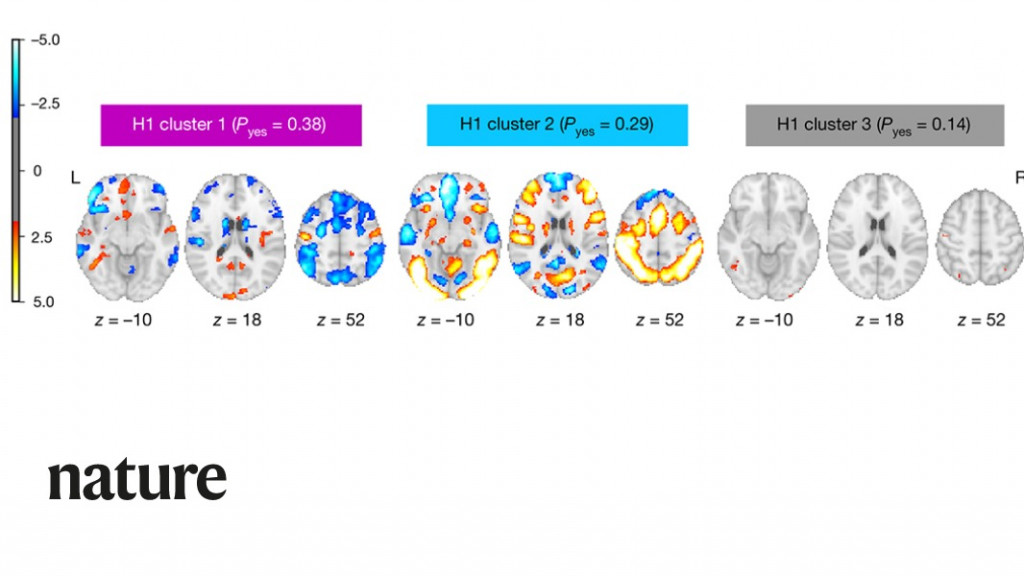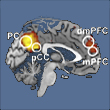Friday, 13 November 2020
Serious problems in the reproducibility of brain imaging results

As I’ve pointed out in previous posts, the results produced by brain-imaging technologies such as fMRI are subject to at least two limitations. First. they detect neural activation only indirectly, by monitoring blood flows in the brain. Second, the methods used to analyze such images are subject to many forms of bias. These limitations were confirmed in a troubling study by Tom Schonberg, Thomas Nichols and Russell Poldrack, entitled “Variability in the analysis of a single neuroimaging data set by many teams ”, published in the May 20, 2020 issue of the journal Nature. (more…)
From the Simple to the Complex, From Thought to Language | Comments Closed
Monday, 5 November 2012
Socio-Political Conflicts and Brain Imaging
 Until the start of the 21st century, brain-imaging techniques had been used chiefly to confirm the involvement of brain structures that had already been associated with well documented functions such as movement, vision, and language. But subsequently, as these non-invasive methods became more readily available, researchers began to use them to explore other, more complex functions. In this way, researchers have since discovered numerous neuronal circuits specifically associated with higher functions ranging from compassion to love, from meditation to intellectual pleasure.
Until the start of the 21st century, brain-imaging techniques had been used chiefly to confirm the involvement of brain structures that had already been associated with well documented functions such as movement, vision, and language. But subsequently, as these non-invasive methods became more readily available, researchers began to use them to explore other, more complex functions. In this way, researchers have since discovered numerous neuronal circuits specifically associated with higher functions ranging from compassion to love, from meditation to intellectual pleasure.
Recently, researchers have even demonstrated that Arabs’ and Israelis’ biases against each other were specifically correlated with activity in the precuneus (labelled PC in the image above), an area in the parietal cortex! The report on this brain-imaging experiment was published in 2010 by Emile Bruneau and Rebecca Saxe, of MIT, in Cambridge, Massachusetts. Dr. Saxe’s laboratory does research on Theory of Mind, in other words, the ability that people have to think about their thoughts, and in particular, to make hypotheses about other people’s thoughts, intentions, motivations, and beliefs. (more…)
The Emergence of Consciousness | 1 comment







